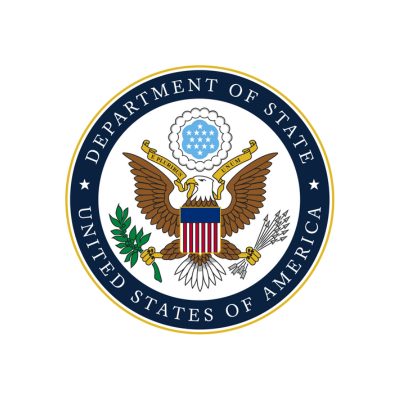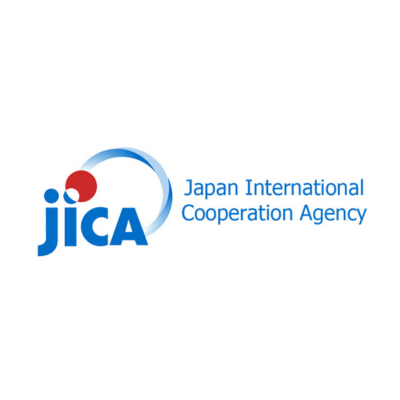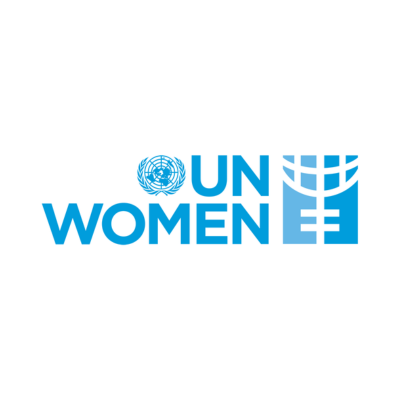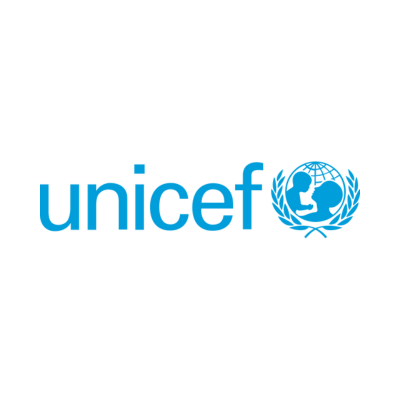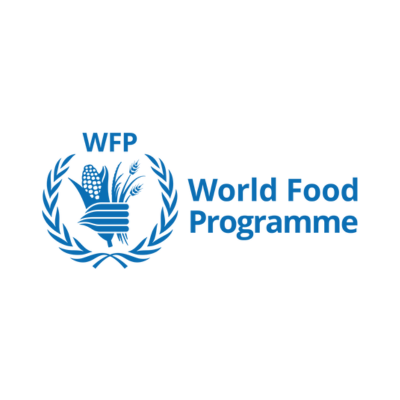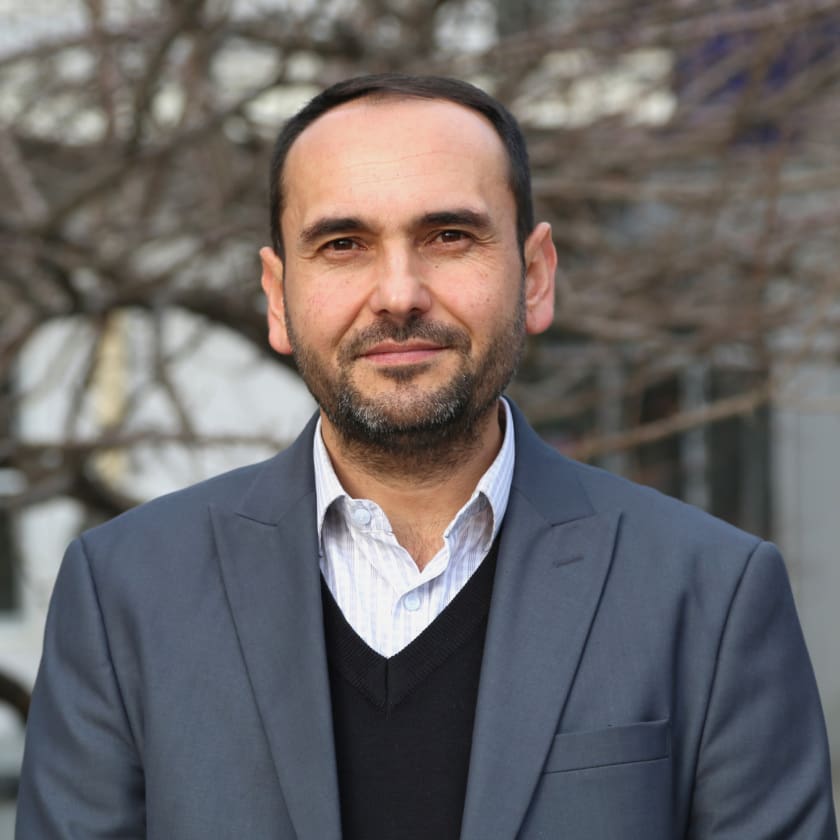
Afghanistan
- Established 2003
- People Reached 3.7 million (2024)
- Focus Areas
Overview
The Aga Khan Foundation has operated in Afghanistan since 2003. Initial programmes were built upon the Aga Khan Development Network’s activity which started in 1996 to support food aid distribution during the country’s civil war.
In Afghanistan, the Aga Khan Foundation leads a range of integrated, innovative and gender responsive programmes. This work is implemented across 11 provinces, including Badakhshan, Takhar, Kunduz, Baghlan, Samangan, Balkh, Bamyan, Daikundi, Parwan, Panjshir and Kabul. The Aga Khan Foundation works through consortia to extend its reach to a total of 23 provinces in Afghanistan.
In addition, the Aga Khan Foundation often plays a convening, partnership development, policy dialogue and resource mobilisation role for the Aga Khan Development Network and its agencies in Afghanistan.
Featured News: Afghanistan

Related News & Stories

Afghanistan’s water crisis is hitting the highlands hardest – but community-run schemes reaching 75,000 people offer hope
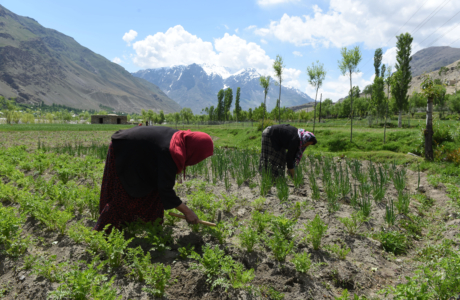
AKF and EU announce €22m partnership to promote economic resilience in Afghanistan
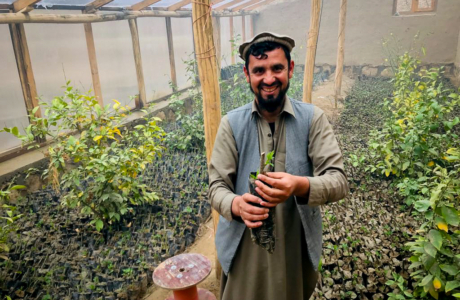
“I have finally found a way to financially support my family”: Breaking the cycle of poverty in rural Afghanistan

Impact Odyssey 2.0: The Businesses of Tomorrow
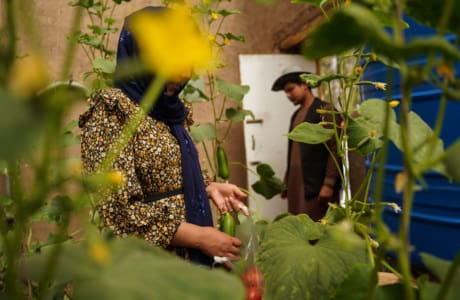
This forestry project in Afghanistan is pushing women to the forefront of climate action
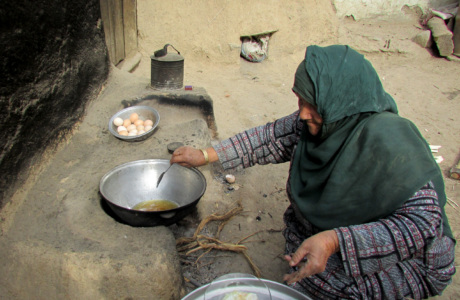
Shafiqa’s story: From loss to livelihood in rural Afghanistan
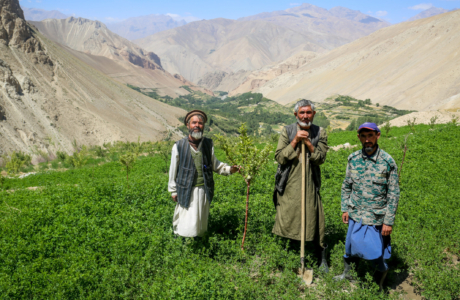
“Our village is going to be as beautiful as it used to be”: Restoring climate affected land – and pride – in northern Afghanistan
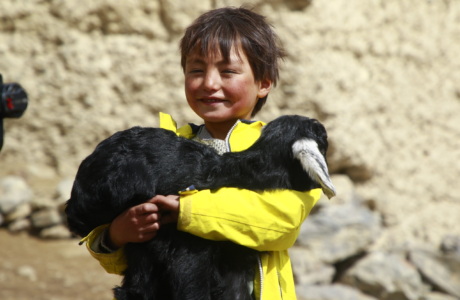
Afghanistan: Building hope amidst the crisis
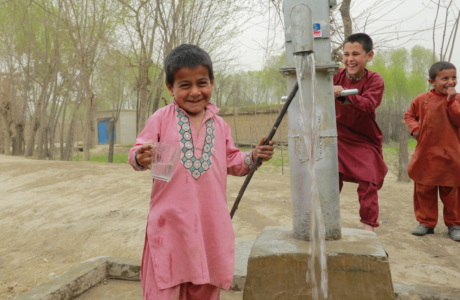
“Now we have water near us, we have started a new life”: Building and restoring water wells in the highlands of Afghanistan
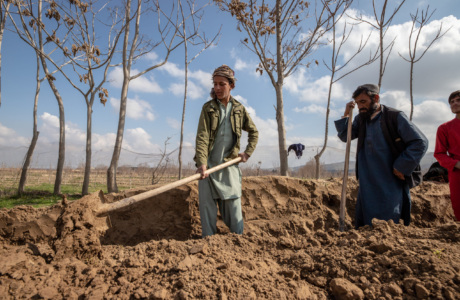
AKF signs new agreement with the UK government to support Afghanistan’s recovery and rebuilding efforts
Related Videos

Community voices: Climate change in Afghanistan

How Laila kept learning during COVID-19
Our impact in Afghanistan in 2024
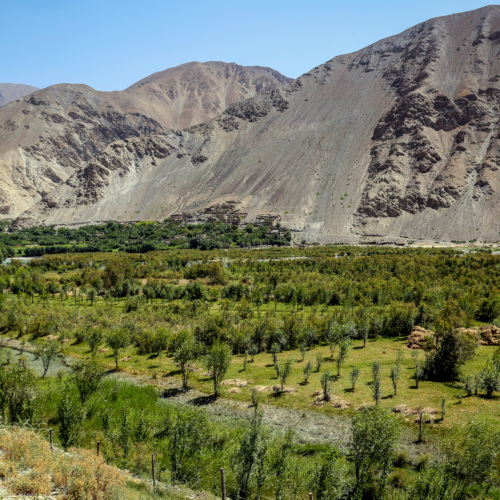
4.2 million
Trees planted, including across 3,058 new planting sites and micro-forests

530,000
People reached directly or indirectly through community development, 40% of whom were women
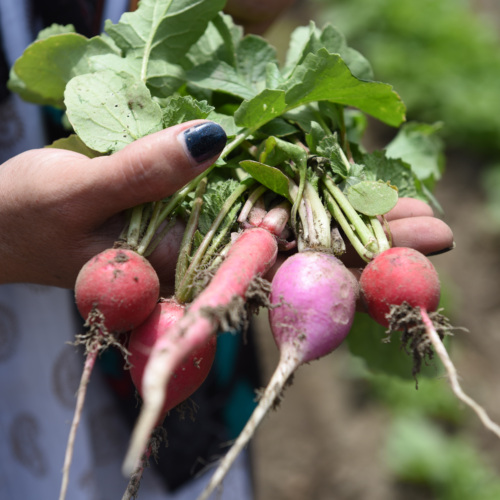
359,458
People accessed agricultural support, 48% of whom were women
In partnership with
Leadership
Water Emergency Relief Project
Environmental and Social Management Framework
The Water Emergency Relief Project (WERP) aims to improve access to safe drinking and irrigation water in rural Afghanistan through emergency water supply, solar irrigation, technical training, and awareness campaigns.
To meet World Bank and Afghan regulations, the Aga Khan Foundation and UNOPS developed this Environmental and Social Management Framework (ESMF). The ESMF outlines procedures for screening, managing, and approving investments, addressing environmental and social risks, and ensuring compliance with national laws and the World Bank’s Environmental and Social Framework (ESF). It also includes measures to protect health, livelihoods, and the environment.
EMERGe Project
Environmental and Social Commitment Plan
The Aga Khan Foundation and the Afghanistan Credit Guarantee Company (ACGF), in collaboration with the World Bank, are implementing the Empowering Microfinance and Enterprises for Resilience and Growth (EMERGe) Project. This project is supported by the World Bank. As part of our commitment to environmental and social sustainability, we are pleased to disclose this ESCP for the project. This document outlines the key environmental and social measures, responsibilities, and compliance requirements that AKF and ACGF will implement to ensure the project aligns with the World Bank’s Environmental and Social Standards (ESSs).
The ESCP also details the mechanisms for monitoring, reporting, and grievance management throughout the project’s implementation. The ESCP is a living document that may be updated periodically to reflect project adaptations, unforeseen circumstances, and performance improvements in consultation with the World Bank. We invite stakeholders to review this document and provide any relevant feedback.
Environmental and Social Mangement Framework
The EMERGe Project aims to enhance financial access for micro and small enterprises (MSEs) in Afghanistan, with a strong emphasis on women’s financial inclusion. The project, a collaboration between the World Bank and the AKF, provides capital support to microfinance providers and technical assistance to strengthen business viability through training and financial support mechanisms.
To ensure compliance with World Bank and Afghan regulations, AKF has developed this Environmental and Social Management Framework (ESMF). The ESMF outlines procedures for screening, managing, and mitigating environmental and social risks, ensuring adherence to national laws and the World Bank’s Environmental and Social Framework. It includes measures to safeguard health, livelihoods, and the environment while promoting sustainable business practices.









